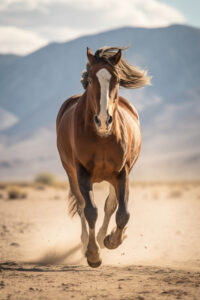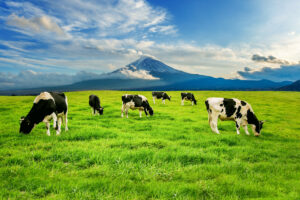Animal Diet Tips
Animal Diet Tips: Ensuring Optimal Nutrition for Your Pets, Livestock, and Wildlife
1. Pets (Dogs and Cats)
Balanced Nutrition
- High-Quality Commercial Diets: Choose high-quality commercial pet foods that meet the nutritional standards set by the Association of American Feed Control Officials (AAFCO). These diets are formulated to provide balanced nutrition for pets.
- Life Stage Consideration: Select food appropriate for your pet’s life stage (puppy/kitten, adult, senior) as nutritional needs change with age.
Portion Control
- Follow Feeding Guidelines: Refer to the feeding guidelines on the pet food packaging to determine appropriate serving sizes based on your pet’s weight and activity level.
- Regular Weigh-Ins: Monitor your pet’s weight regularly and adjust portion sizes as needed to maintain a healthy weight.
Variety and Treats
- Include Variety: Introduce different proteins and textures to keep meals interesting. Rotate between different brands and flavors to provide a range of nutrients.
- Healthy Treats: Offer healthy treats in moderation. Consider fruits and vegetables safe for pets, like carrots or apples, as low-calorie snack options.
Hydration
- Fresh Water: Always provide access to fresh and clean water. Hydration is crucial for digestion and overall health.
- Wet Food: If your pet is not drinking enough water, consider incorporating wet food into their diet, which can help increase fluid intake.
2. Livestock (Cattle, Sheep, Goats, Poultry)
Balanced Ration
- Nutritional Requirements: Consult with a veterinarian or animal nutritionist to formulate a balanced diet tailored to your livestock’s needs, considering factors like age, weight, and production stage (lactating, growing, etc.).
- Forage and Concentrates: Ensure a mix of forage (grass, hay) and concentrates (grains, protein supplements) to provide energy, protein, vitamins, and minerals.
Supplementation
- Mineral and Vitamin Supplements: Offer mineral blocks or supplements as necessary to address specific deficiencies and support overall health.
- Monitor Body Condition: Regularly assess body condition scores (BCS) to adjust diets accordingly.
Pasture Management
- Rotational Grazing: Implement rotational grazing practices to allow pastures to recover, ensuring high-quality forage and preventing overgrazing.
- Weed Control: Keep pastures free of toxic plants and weeds that can harm livestock.
3. Wildlife
Natural Diets
- Respect Natural Diets: Understanding the natural diets of local wildlife can help support their health. Different species have unique dietary needs (herbivores, carnivores, omnivores).
- Plant Native Species: Plant native vegetation to support herbivorous wildlife, providing a natural food source.
Feeding Guidelines
- Avoid Processed Foods: Do not feed wildlife processed human foods, which can be harmful. Instead, provide appropriate natural food sources.
- Limit Human Interaction: Feeding wildlife can lead to dependency and behavioral changes. It’s best to observe them in their natural habitat without interference.
4. General Tips for All Animals
Observation and Adaptation
- Monitor Health: Keep an eye on your animals’ health and behavior. Changes in eating habits, weight, or energy levels can indicate dietary issues.
- Adapt to Individual Needs: Every animal is unique. Adjust diets based on individual preferences, allergies, and health conditions.
Consult Professionals
- Veterinary Advice: Regular check-ups with a veterinarian can help ensure your animals receive the proper nutrition and health care.
- Nutritionists: Consider consulting an animal nutritionist for tailored dietary plans, especially for livestock and performance animals.
Conclusion
Providing a balanced and nutritious diet is crucial for the health and well-being of all animals, whether they are pets, livestock, or wildlife. By understanding their dietary needs, monitoring their health, and seeking professional advice, you can ensure that your animals thrive and lead healthy lives. Remember that nutrition is a vital component of overall animal care, contributing to their happiness and longevity.














Post Comment